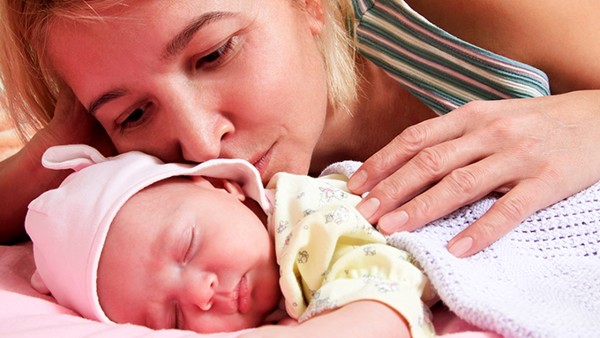Single Women Are More Likely to Suffer From Postpartum Depression

Single women are more likely to suffer from postpartum depression (PPD) than married women. This is due to a number of factors, including:
Lack of support. Single mothers often have less social support than married mothers. They may not have family or friends nearby to help them with childcare, housework, or emotional support. This lack of support can make it difficult to cope with the challenges of motherhood, and can increase the risk of PPD.
Financial stress. Single mothers are often more financially stressed than married mothers. They may be the sole breadwinner for their family, and they may have difficulty making ends meet. This financial stress can add to the challenges of motherhood, and can increase the risk of PPD.
Isolation. Single mothers may feel isolated from their community. They may not have friends or family nearby to talk to, and they may feel like they are the only ones going through this experience. This isolation can make it difficult to cope with the challenges of motherhood, and can increase the risk of PPD.
PPD is a serious mental illness that can affect women after childbirth. Symptoms of PPD can include:
Sadness
Anxiety
Irritability
Fatigue
Difficulty sleeping
Difficulty concentrating
Loss of appetite
Weight gain or loss
Thoughts of harming yourself or your baby
If you are a single mother, it is important to be aware of the risk of PPD. Talk to your doctor about any concerns you have, and seek help if you are experiencing any symptoms of PPD.
There are a number of things that can be done to help prevent and treat PPD. These include:
Getting support. Talk to your family, friends, or other single mothers about your experiences. Join a support group for single mothers.
Taking care of yourself. Eat healthy foods, get regular exercise, and get enough sleep.
Seeking professional help. If you are experiencing symptoms of PPD, talk to your doctor or mental health professional. There are a number of effective treatments available for PPD.
PPD is a treatable condition. With the right help, you can recover from PPD and enjoy your new baby.
If you are a single mother, you are not alone. There are many resources available to help you cope with the challenges of motherhood, and to prevent and treat PPD.
The above is all the content that the editor wants to share with you. I sincerely hope that these contents can bring some help to your life and health, and I also wish that your life will be happier and happier.
Topic: #more #likely #are- • Older mothers are more likely to suffer from postpartum depression
- • Older pregnant women are more likely to be depressed after giving birth.
- • The more foam, the worse the moisturizing effect.
- • The occurrence of endometrial cancer or doing more housework due to obesity can
- • You can eat more of these 10 foods for skin care














